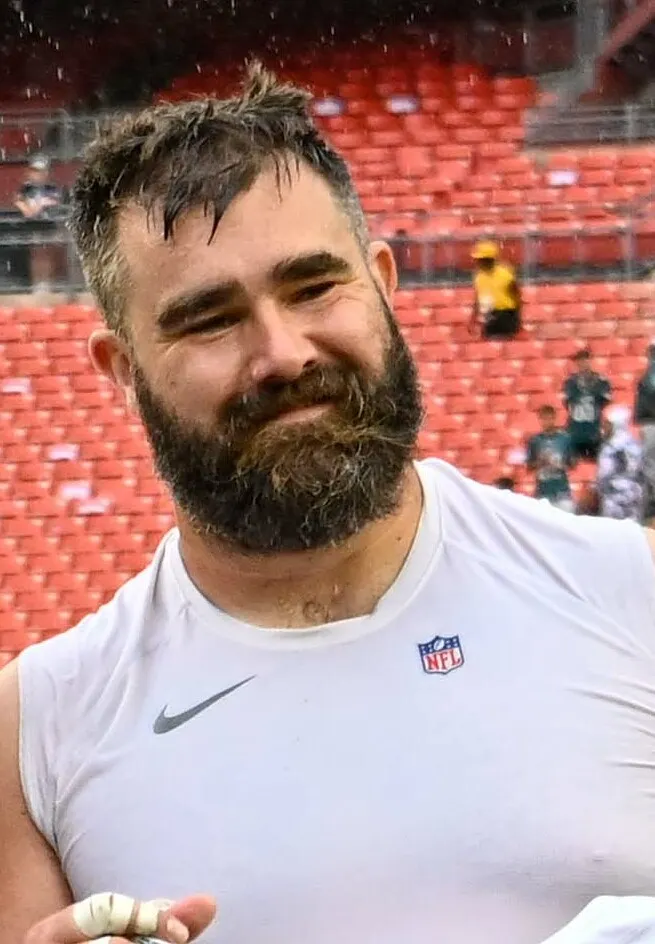What will it cost me?
Last week, when I wrote about the challenge of evaluating the ROI of travel, it reminded me of a game I used to play with my CEO (note: he may not exactly have seen it as a game) that I called, “What do I get?”
The way it worked is I would ask him for something — headcount, travel budget, freelance — and he would say, “If I give you what you’re asking for, what do I get?”
To which I would say, you get a new newsletter publication, conference coverage, content expansion, etc. If I wanted something, I had to be prepared to tell him what he would get in return.
But there is another side to this equation that I think gets forgotten. That question is, “What am I willing to give up?”
In a fantastic piece by CFO’s Sandra Beckwith last week, she chronicled three executives who needed to step away to address what the grind was costing them. As CFO Lynn Blake so aptly put it, in her personal life she had become “really good at showing up. But I was really terrible at being present. There’s a big difference between the two.” Blake decided her daughters’ remaining time at home, pre-college, was not worth giving up, so she stepped away.
If you’re a fan of the National Football League, you’ve probably come across one of the best extra-football stories. It is that of the Kelce brothers, Jason and Travis. Jason is the older one, the more thoughtful, protective, and fatherly individual, playing one of the less glamorous positions of center for the Philadelphia Eagles.

The younger brother, Travis, is the emotional lightning of his team, the Kansas City Chiefs. He is, as baseball legend Reggie Jackson aptly said, “the straw that stirs the drink.” If Jason is the F-350, Travis is the F1. But despite their differences, what is easily transparent is their deep connection and love for each other, canonized in their popular show “New Heights,” and in a recently released eponymous documentary, “Kelce.”
The doc is a year-long chronicle of Jason’s decision on whether to retire following the 2022 season. He had logged 12 pro seasons. His accolades included five first-team All-Pros, six Pro Bowls, a Super Bowl victory, and Philly immortality — every accomplishment a player at his unglamorous position could hopefully obtain.
In an emotionally taut exchange with his friend, former NFL linebacker and current Eagles executive Connor Barwin, Jason does the calculation Lynn Blake discussed:
“I think it’s getting harder and harder to play... Not to address an elephant in the NFL room, I am fearful ... who knows what the impacts of playing football are going to mean in the long term?

“I have two girls, and some people end up getting CTE (Chronic traumatic encephalopathy). Some guys live long, healthy lives. I have no idea what’s going to happen with that ... It’s like destroying my body. Maybe with the amount of headshots I take on a game basis, weekly basis, monthly basis. Who knows when or if that’s going to come back to bite me, right? Maybe that happens, and it’ll suck when it’s here.
“But guys in my era, we know the risk. And the way I’ve rationalized it to myself is nobody is guaranteed tomorrow. Nobody’s guaranteed years in advance. We idolize living as long as possible and as healthy as possible.
“I don’t know [if] that’s necessarily the meaning of life. And if I get CTE, and I can’t interact with my grandkids, I would still say playing 12 years in the NFL, making my family super prosperous, and being an influential member of at least the City of Philadelphia ... it’s a good tradeoff.”
Many have said something to this effect: the pain of discipline weighs against the pain of regret. But as Blake and Kelce offered, there are at times no clear indicators of which is which.
Have you done the calculation? Let us know.













